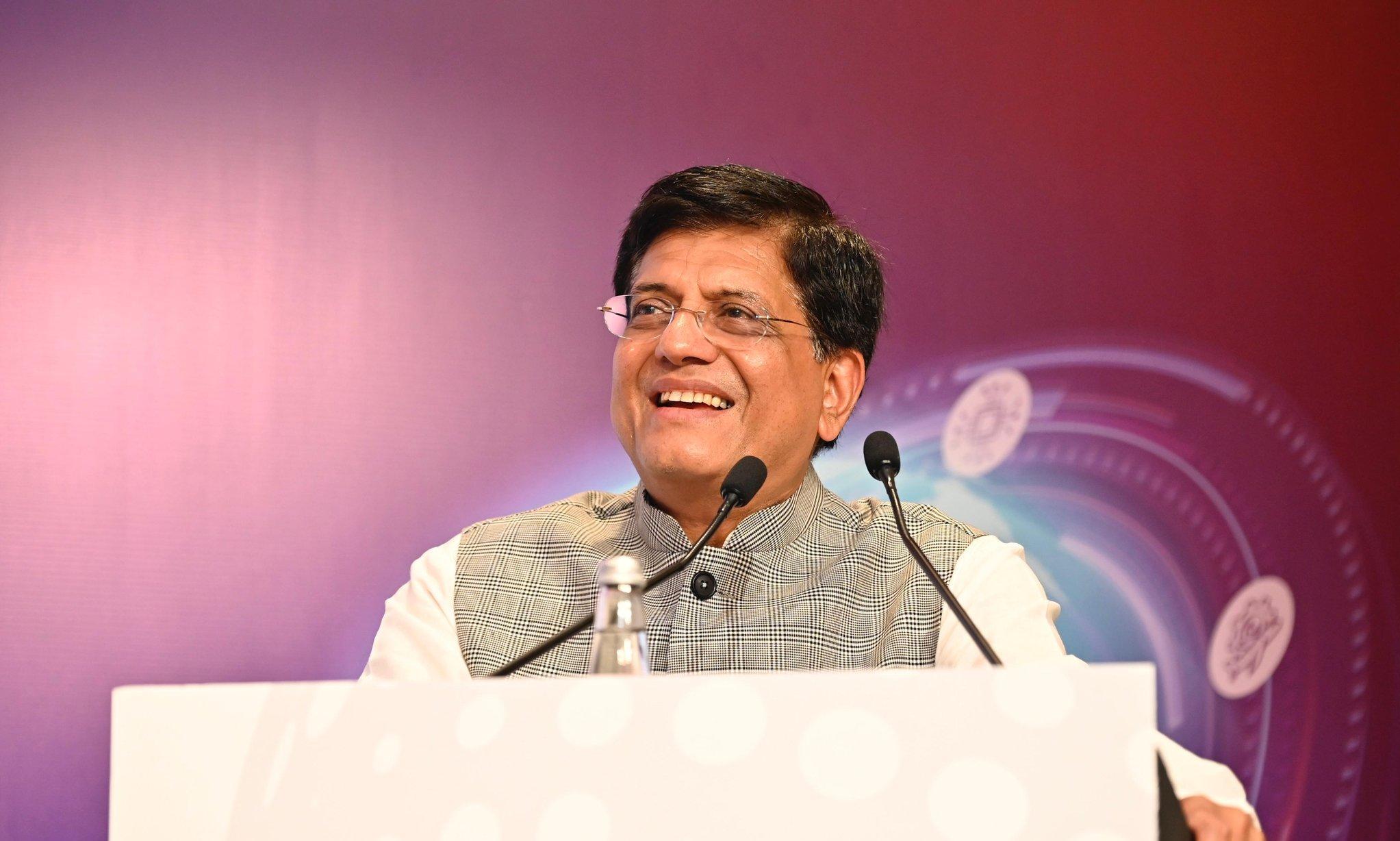)
After India-EU Summit, Is a Free Trade Agreement on the Cards?
News 18Even as the European Union has got politically weakened by Brexit, internal tensions between western European countries and eastern ones, notably Hungary and Poland, over issues of democracy and European values, problems of migration, Islamism, terrorism and rise of right-wing forces, and, in addition, economically enfeebled by the still-uncontrolled COVID crisis, India has decided to draw closer to it, driven by its own political and economic challenges. The European Union as an entity is India’s biggest economic partner, with a roughly balanced two-way trade amounting to $115.6 billion, the second largest destination for Indian exports. The EU’s website says that it wants an agreement that is “economically meaningful, delivering real new market openings in all sectors to both sides, contains a solid rules-based component, and includes a comprehensive trade and sustainable development chapter, notably to deal with social and environmental impacts.” This is tough, demanding language that seeks to lay down EU’s terms of engagement. Apparently, a lot of technical work has already been done prior to the summit, including political-level discussions between Commerce Minister Piyush Goyal and the EU Executive Vice-President and Commissioner of Trade Valdis Dombrovskis, with the first meeting of the EU-India High Level Dialogue on Trade and Investment held in February this year wherein it was agreed that negotiations for an ambitious, comprehensive and mutually beneficial agreement will begin once the respective approaches and positions are close enough. The language remains blunt when it says, “We agreed that in order to create the required positive dynamic for negotiations, it is imperative to find solutions to long-standing market access issues.” There is agreement on creating joint working groups on regulatory cooperation on goods and services, including green and digital technologies, and on resilient supply chains, building on the experience gained from the COVID-19 pandemic.
History of this topic
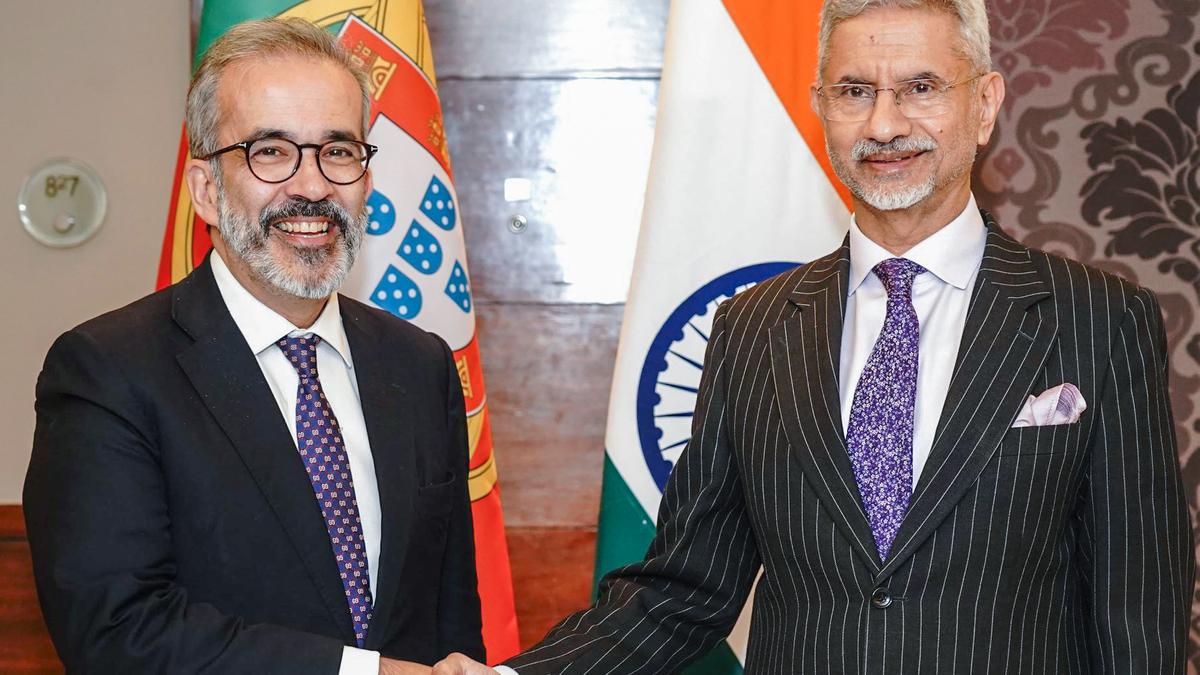
Conclude EU-India FTA to counter forces of protectionism and transactionalism, says Portuguese Foreign Minister
The Hindu
India, EU aiming for a mutually beneficial FTA: Piyush Goyal
Live Mint
India seeks to accelerate TEPA implementation during commerce secretary’s visit to Norway
Live Mint
India-UK trade talks to focus on key tariff barriers and emerging sectors
Live Mint
India-UK FTA talks: Both sides seek to bridge gaps to close deal expeditiously
Live Mint
UK and India revive FTA talks after PMs Keir Starmer and Narendra Modi meet at G20 Summit in Rio, ‘step forward…’
Live Mint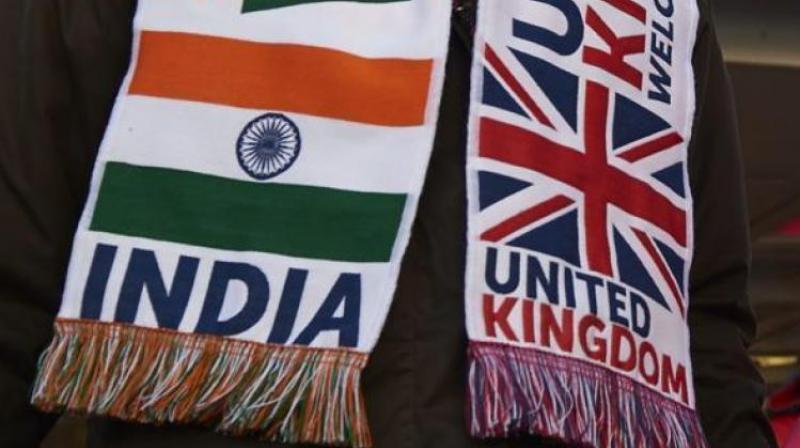
India Clarifies FTA Progress, Talks With EU and UK on Track
Deccan Chronicle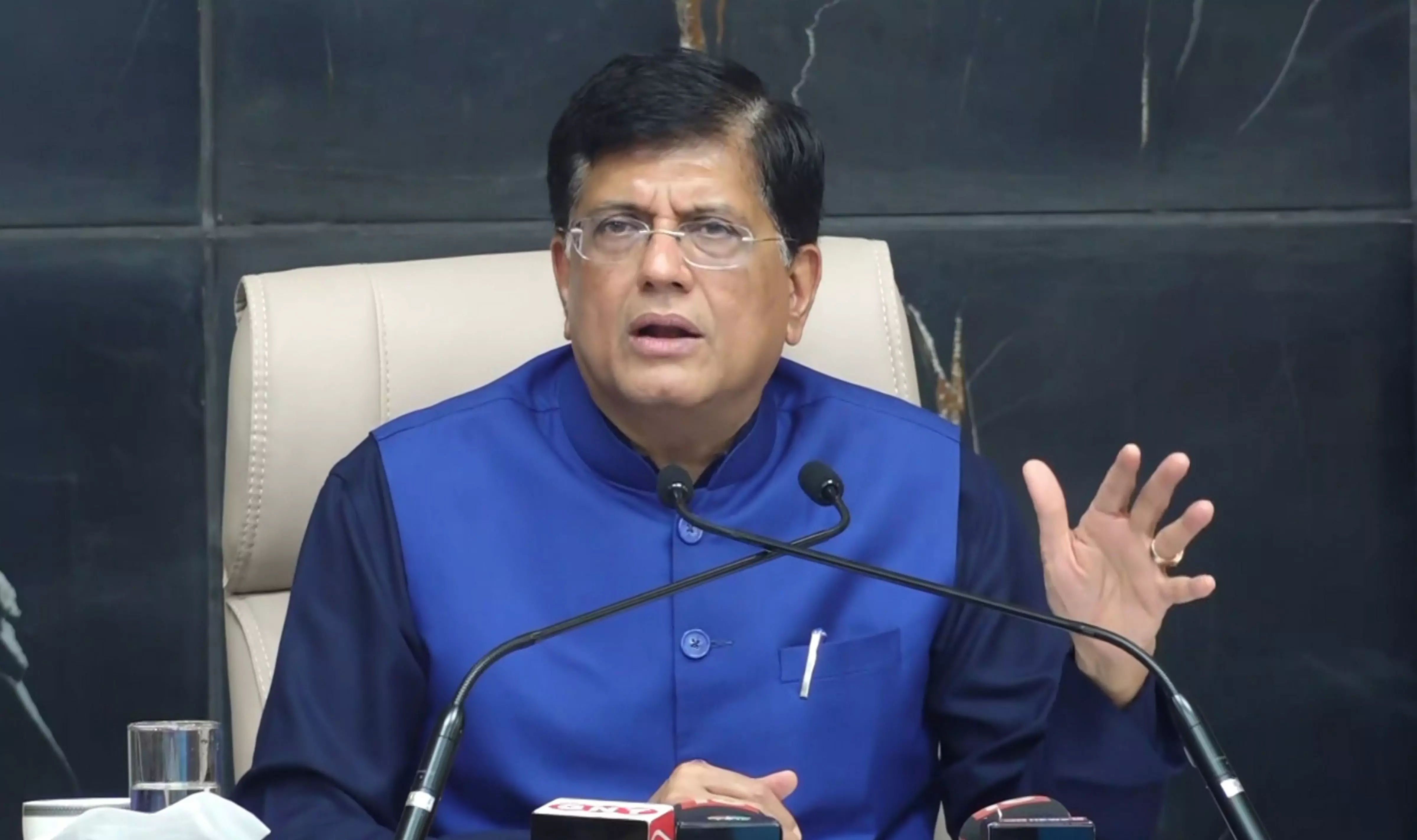
India Urges BIMSTEC to Reconsider Free Trade Agreement
Deccan Chronicle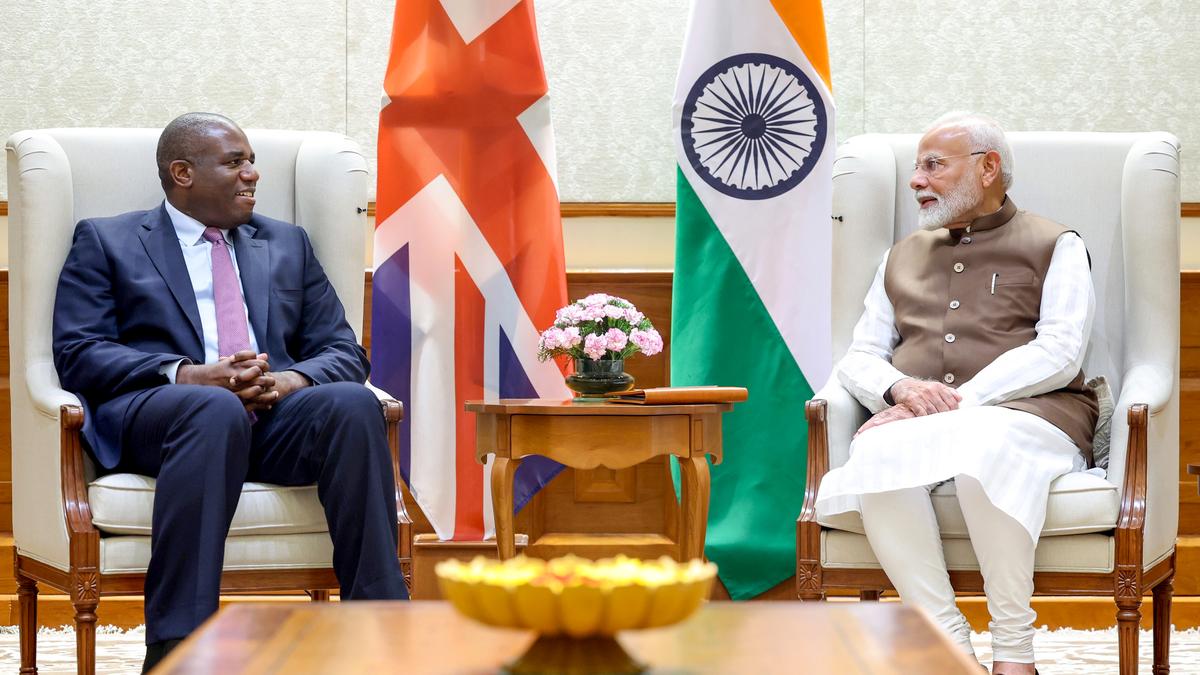
India committed to Free Trade Agreement with the U.K., says Modi
The Hindu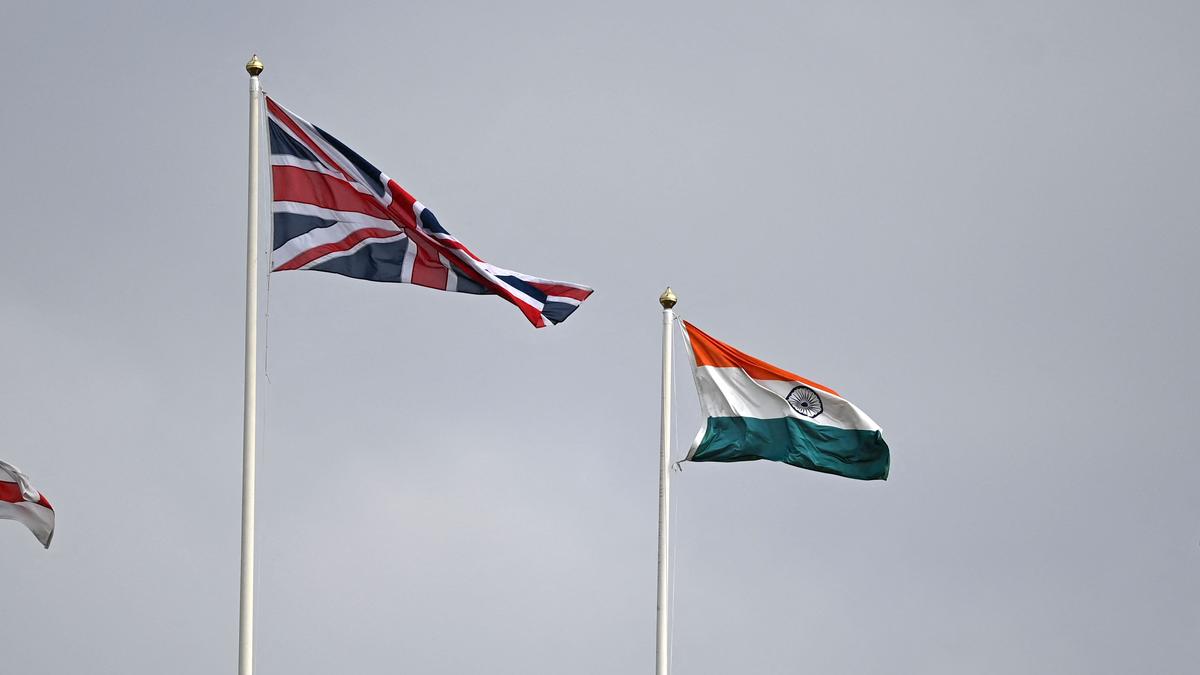
India, U.K. to hold next round of talks on proposed trade agreement in July
The Hindu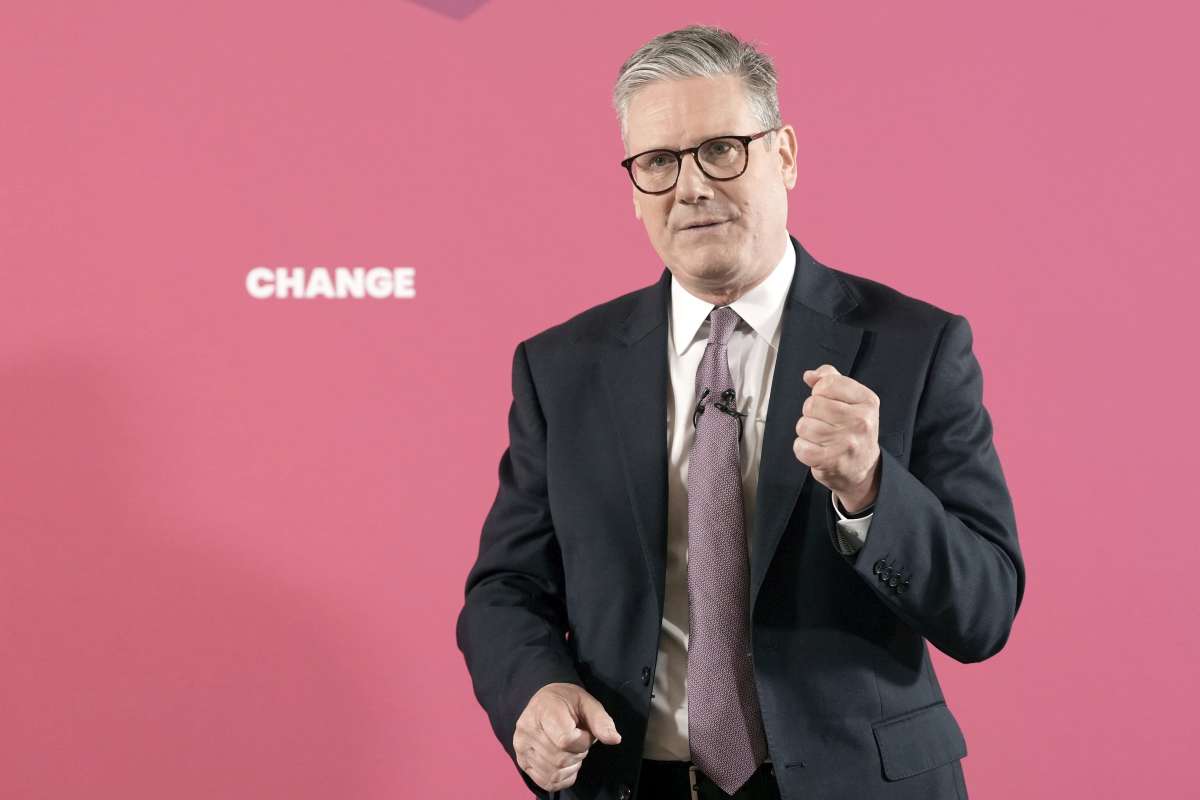
India, UK to resume negotiations on free trade agreement in next few weeks: Official
India TV News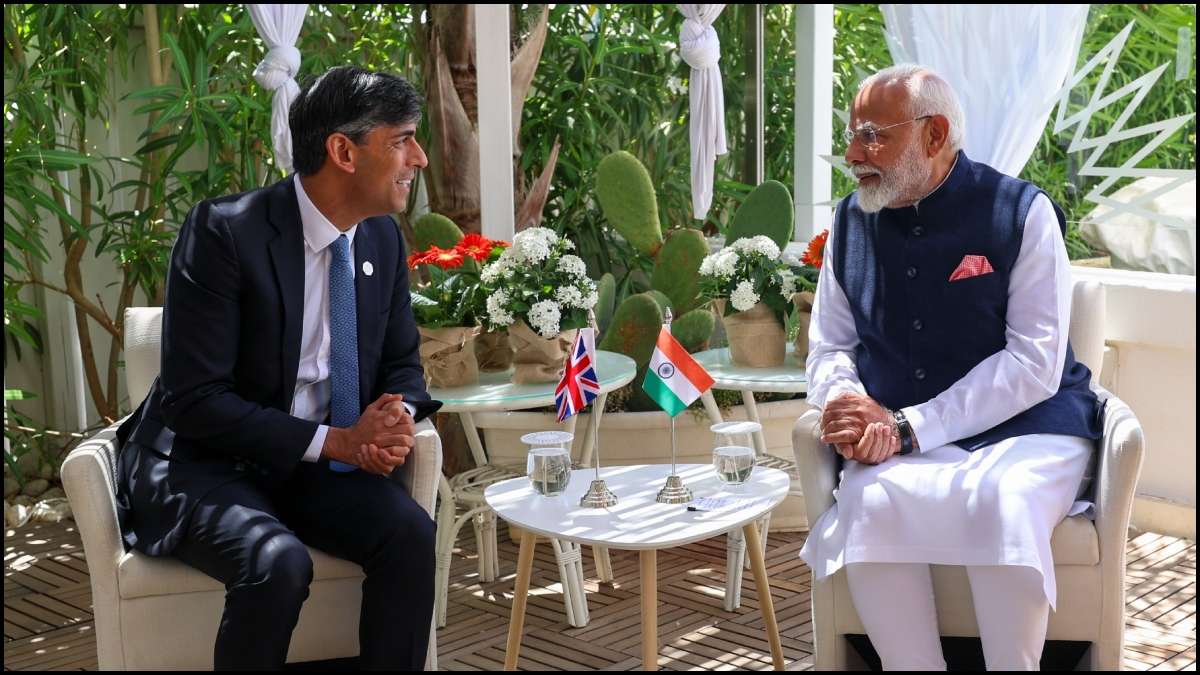
UK Elections 2024: What is Labour Party's stance on free trade agreement with India?
India TV News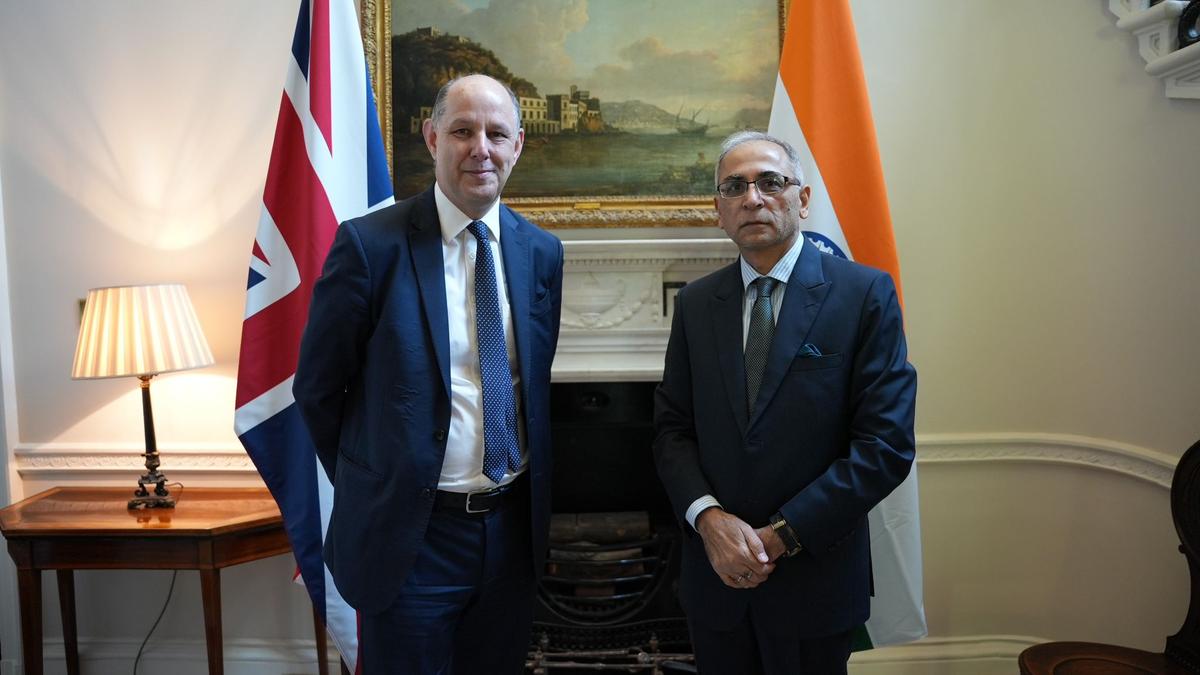
India, U.K. reaffirm FTA commitment at Strategic Dialogue
The Hindu
Non-European Union states keen on investment agreements with India
Hindustan Times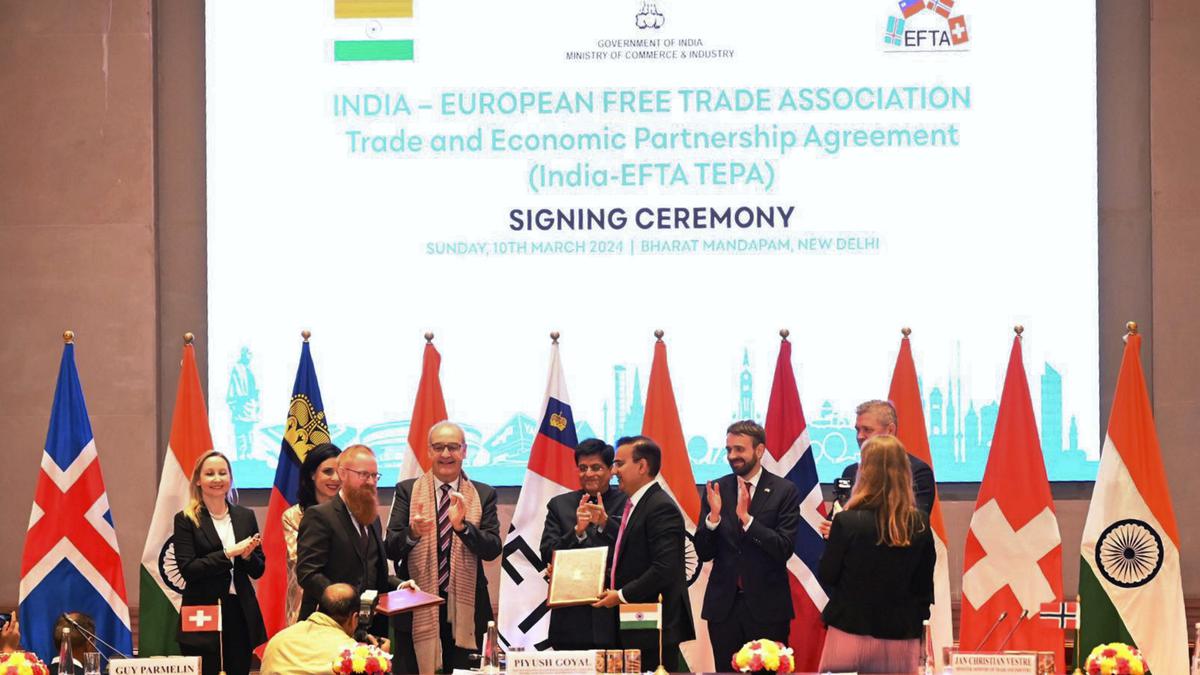
Do India’s Free Trade Agreements with European nations benefit the country? | In Focus podcast
The Hindu
Will EFTA show the way for other FTAs?
Hindustan Times
Watch | Trade diplomacy | What’s the status of India’s Free Trade Agreements?
The Hindu
India-Europe's 16-year journey to historic FTA: Key things to know about pact
Hindustan Times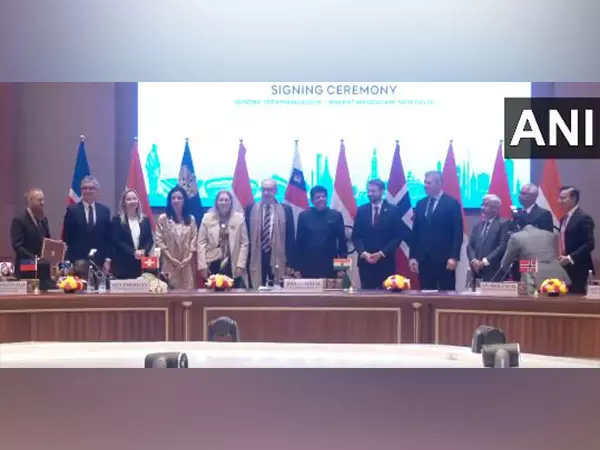
India signs free trade agreement with European Free Trade Association
Deccan Chronicle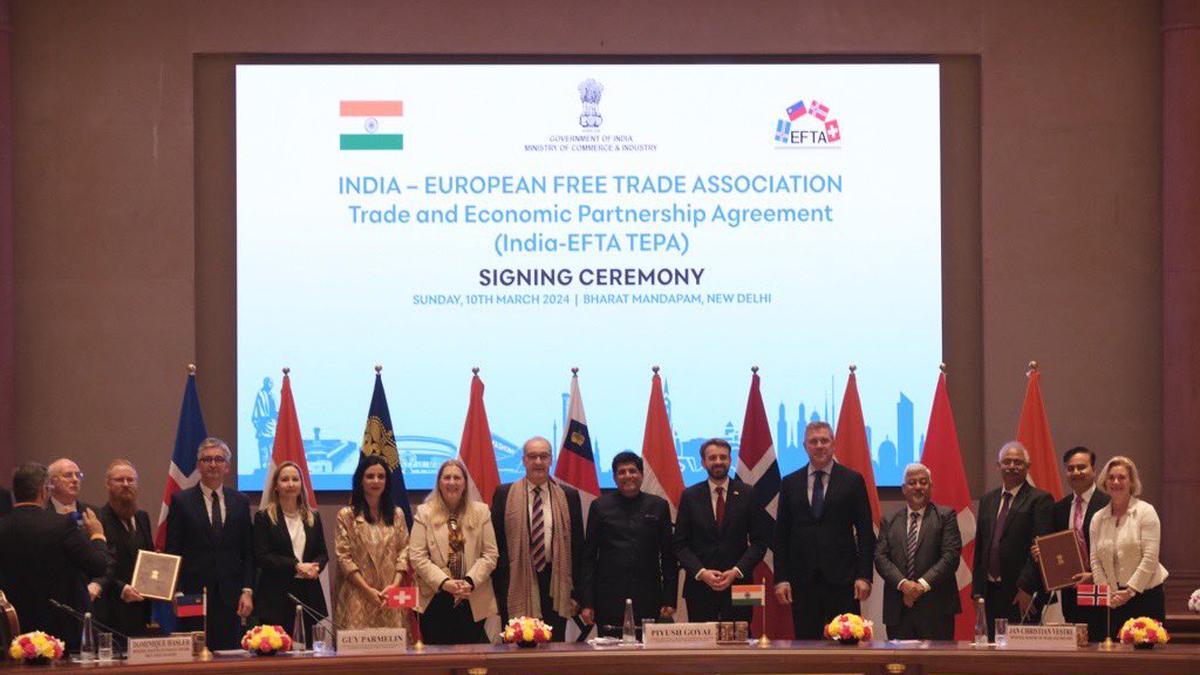
India signs free trade pact with 4 European countries
The HinduFTA ‘possible’ before India elections, says U.K. Trade Minister Kemi Badenoch
The Hindu
Cabinet may consider EFTA, deal likely to be announced Sunday
Live Mint
Ideas of India 3.0: India, UK Can Secure A Mutually Beneficial Trade Deal, Says British Politician Suella Braverman
ABP News
India's Trade Deals With Oman, UK, EFTA Bloc Reflect Worldwide Economic Integration: GTRI
ABP News
India-UK free trade agreement talks in advanced stage: Commerce secretary
New Indian Express
Majority of India-U.K. FTA issues either closed or at advanced stage of talks: official
The Hindu
14th round of India-UK FTA dialogues to start in January
Live Mint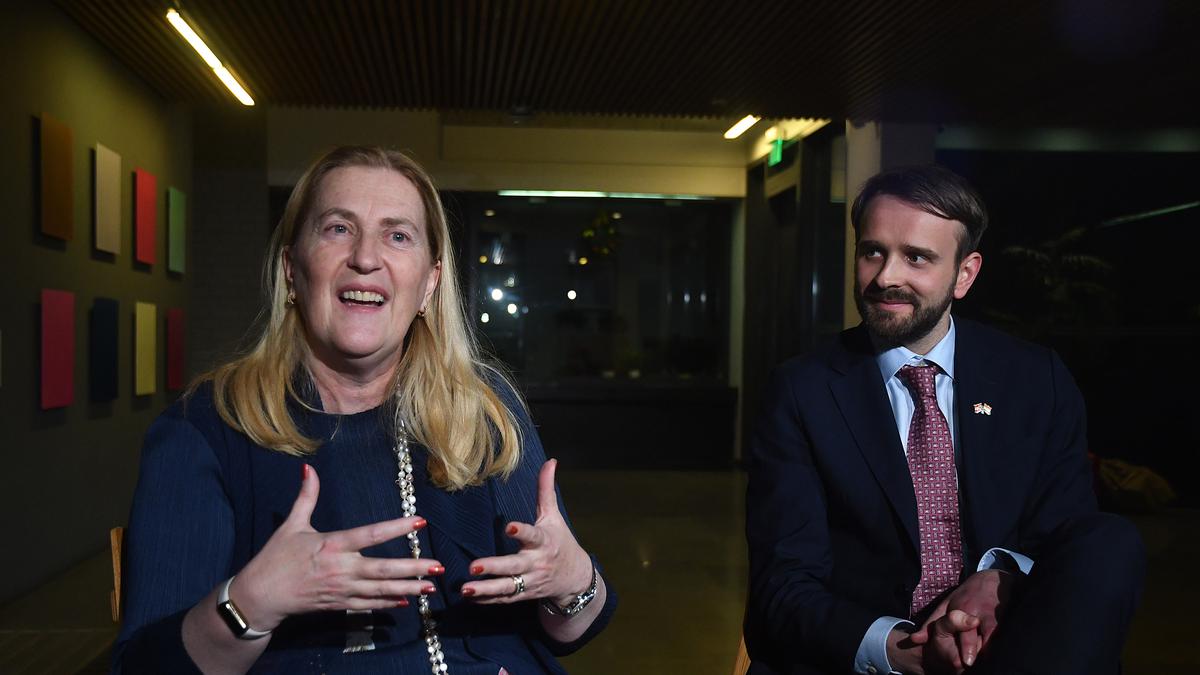
Optimistic on trade agreement ahead of elections: Swiss, Norway Ministers
The Hindu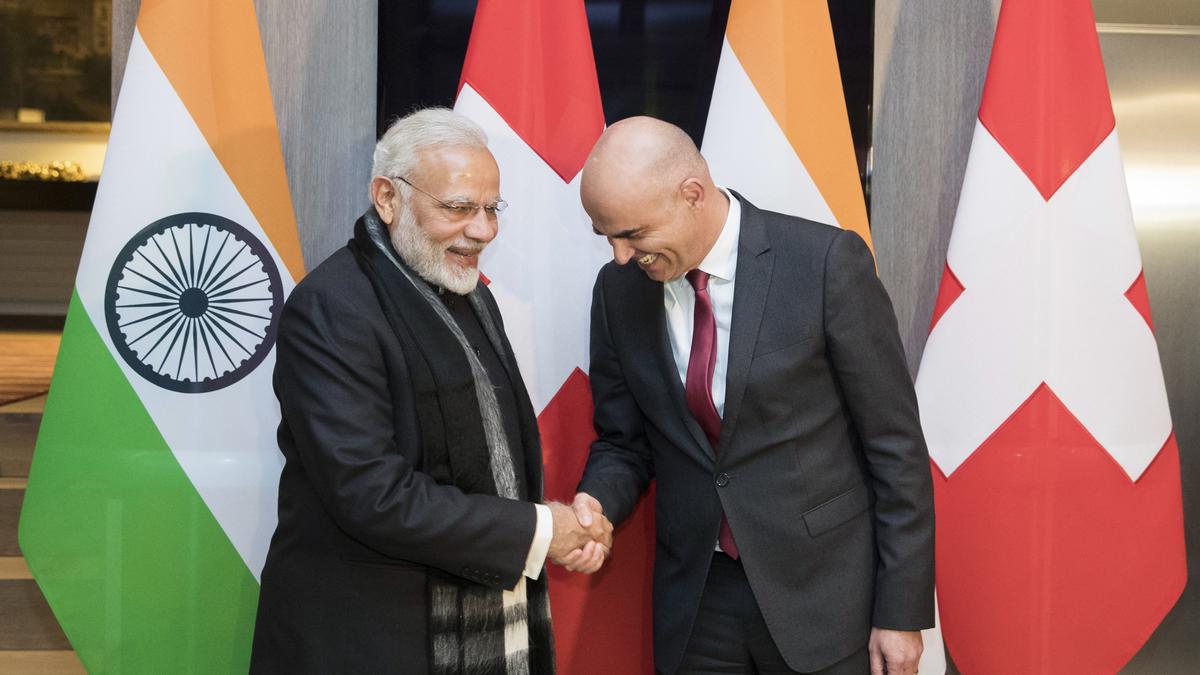
India to receive Trade Ministers from Switzerland, Norway for ‘critical talks’ this week
The Hindu
India's trade trajectory: FTAs and beyond
Live Mint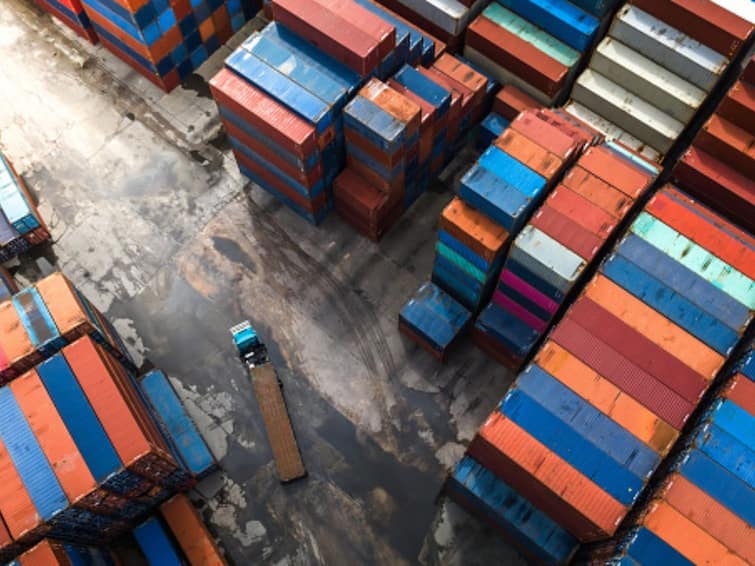
India, UK Trade Ministers Discuss Progress Of Negotiations On Proposed FTA
ABP News
India, UK start weekly FTA negotiations, says official
Live Mint
India-UK likely to sign FTA deal by October end: Report
Live Mint
‘Hope we can get it done’: Rishi Sunak on UK-India trade deal
Live Mint
India, Britain Close to Sealing Free Trade Deal
Deccan Chronicle)
India, UK agree to expedite long-delayed Free Trade Agreement
Firstpost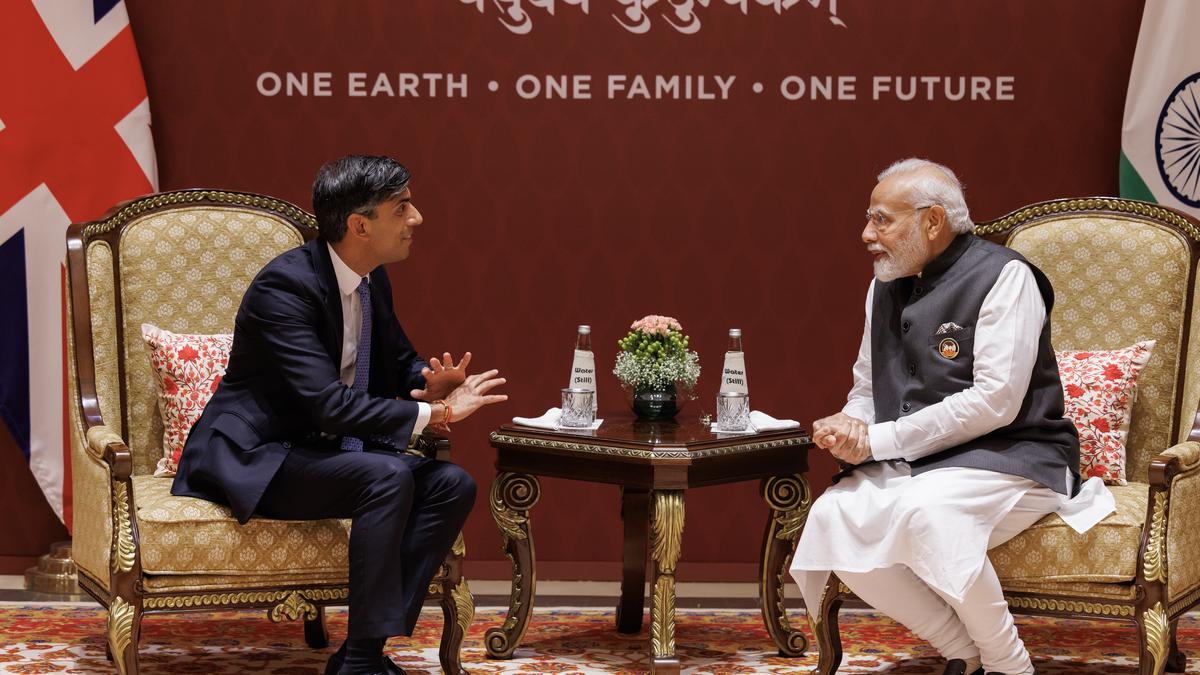
India-U.K. agree to continue to ‘work at pace’ towards a Free Trade Agreement
The Hindu
’UK-India trade deal not a given…’: What Rishi Sunak said ahead of G20 Summit
Live Mint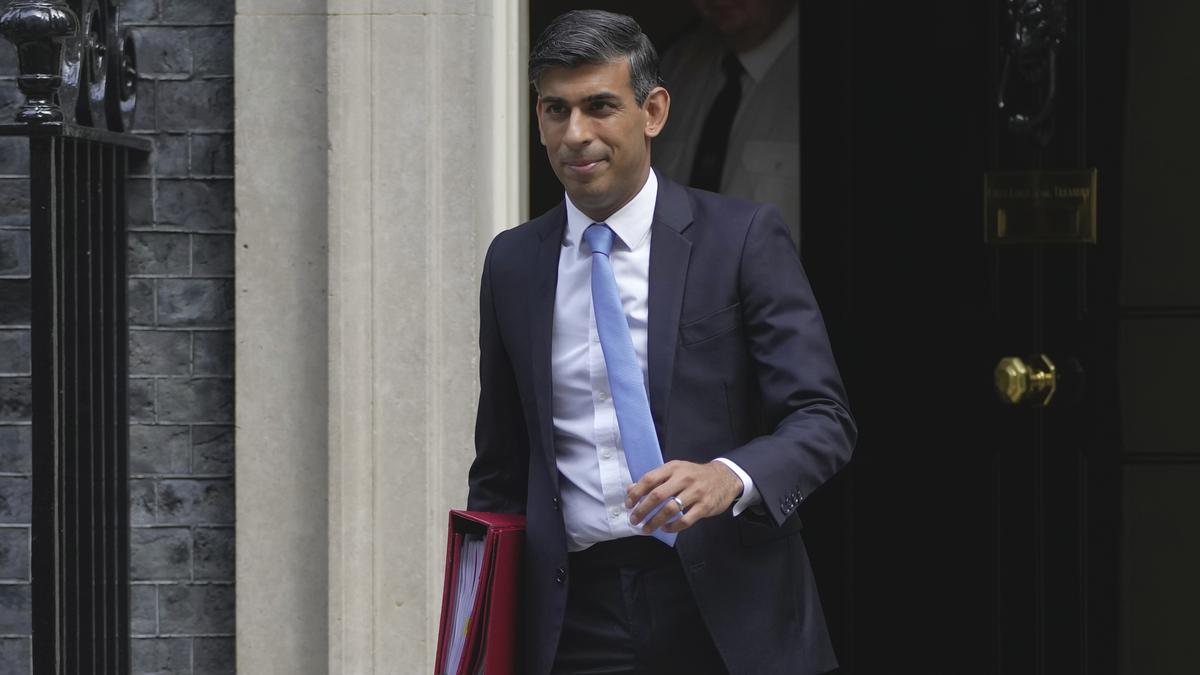
Confident of striking a modern, forward-looking free trade agreement: British PM Rishi Sunak on trade ties with India
The Hindu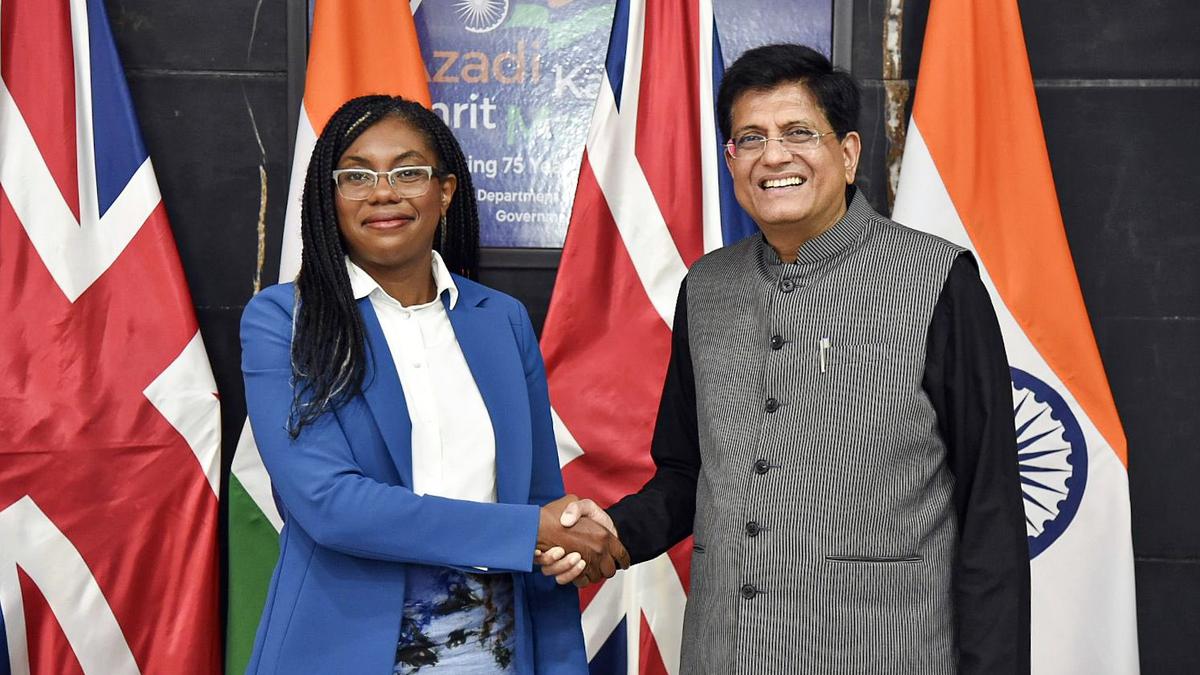
India, U.K. to continue FTA negotiations till August-end
The Hindu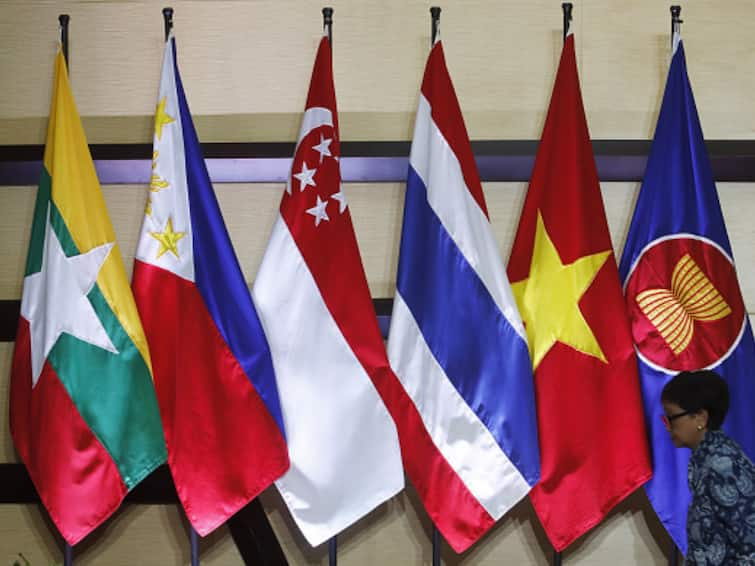
India, Asean Agree To Conclude Negotiation For FTA Review In 2025
ABP News
India, UK still far apart on free trade deal: Report
Live Mint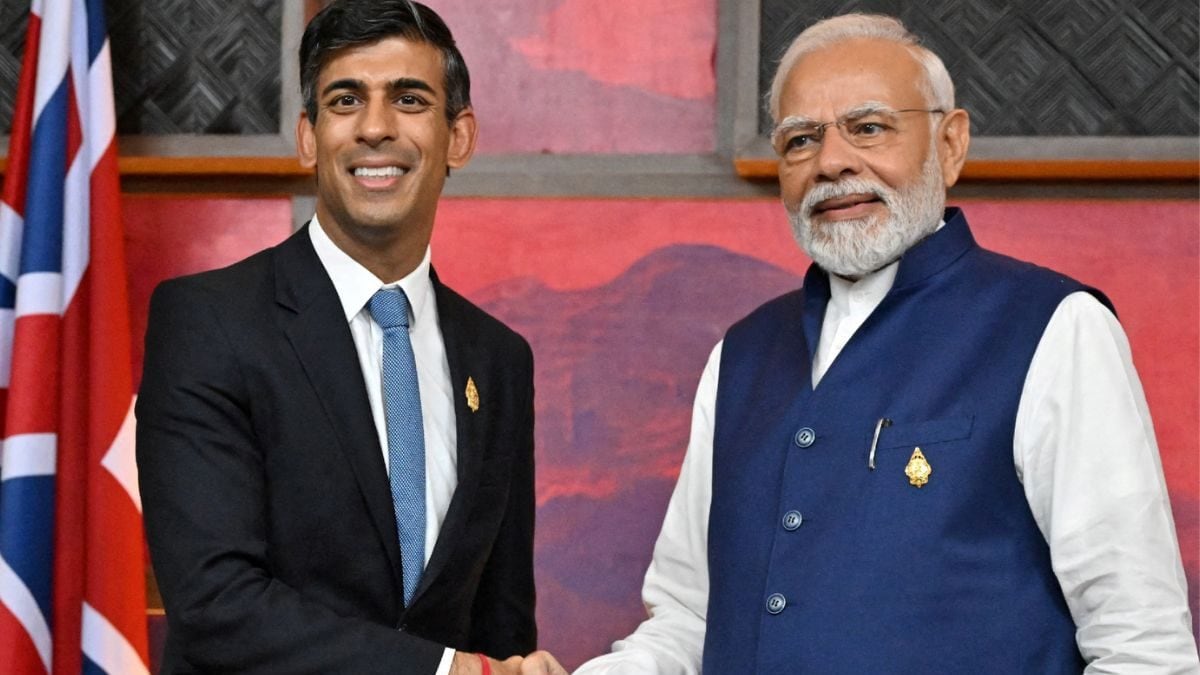
Current Regime Wants to Facilitate FTA, Says UK India Business Council Chief - News18
News 18
India, Italy for balanced, fair Indo-EU free trade agreement
The HinduFree Trade Agreement negotiations on with UK, EU and Canada: Nirmala Sitharaman
Deccan Chronicle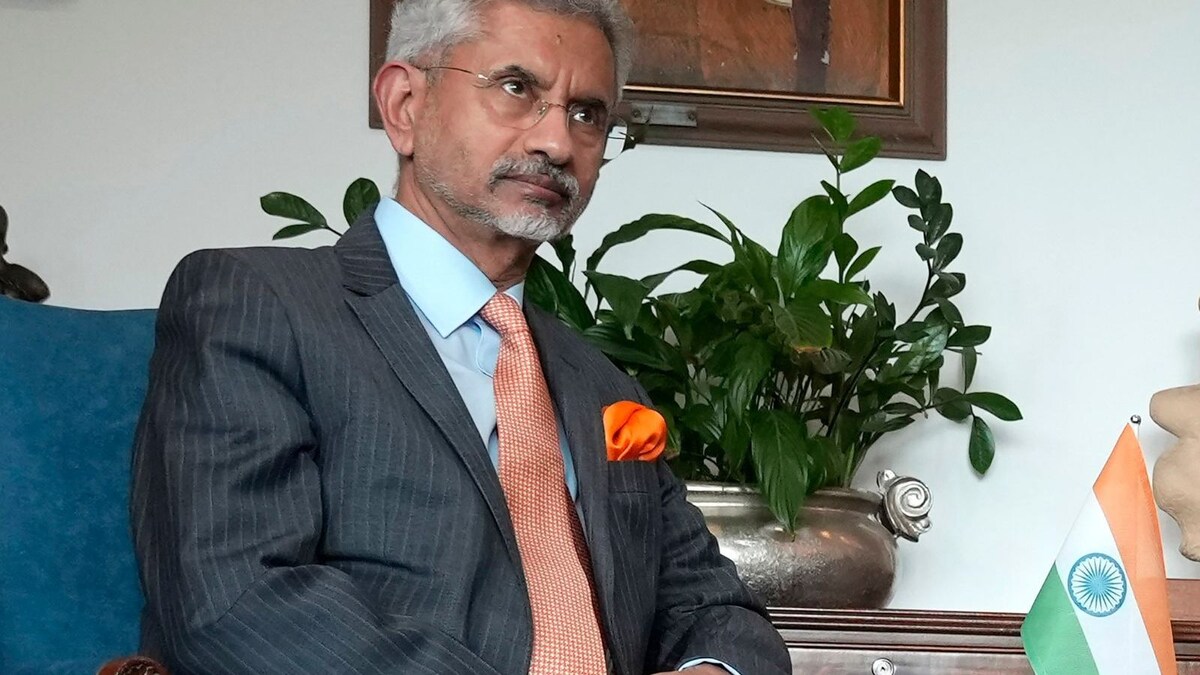
'A Very Important Goal': India-EU Free Trade Agreement A Potential Game Changer, Says Jaishankar
News 18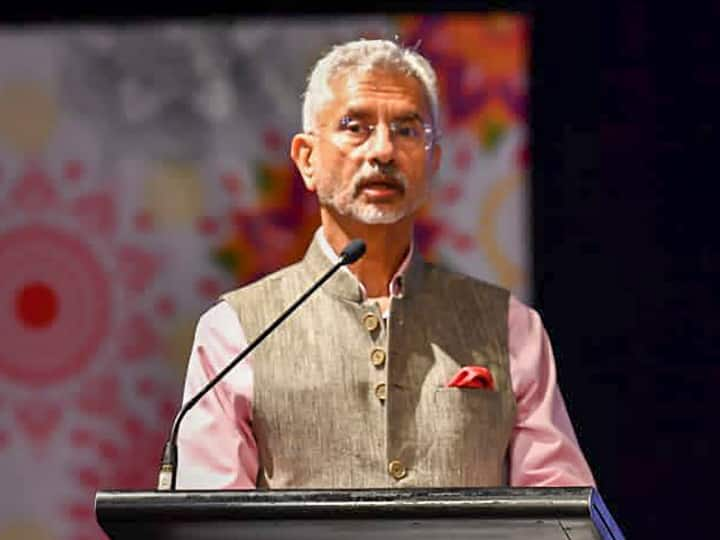
india european union freetrade agreement gamechanger jaishankar
ABP News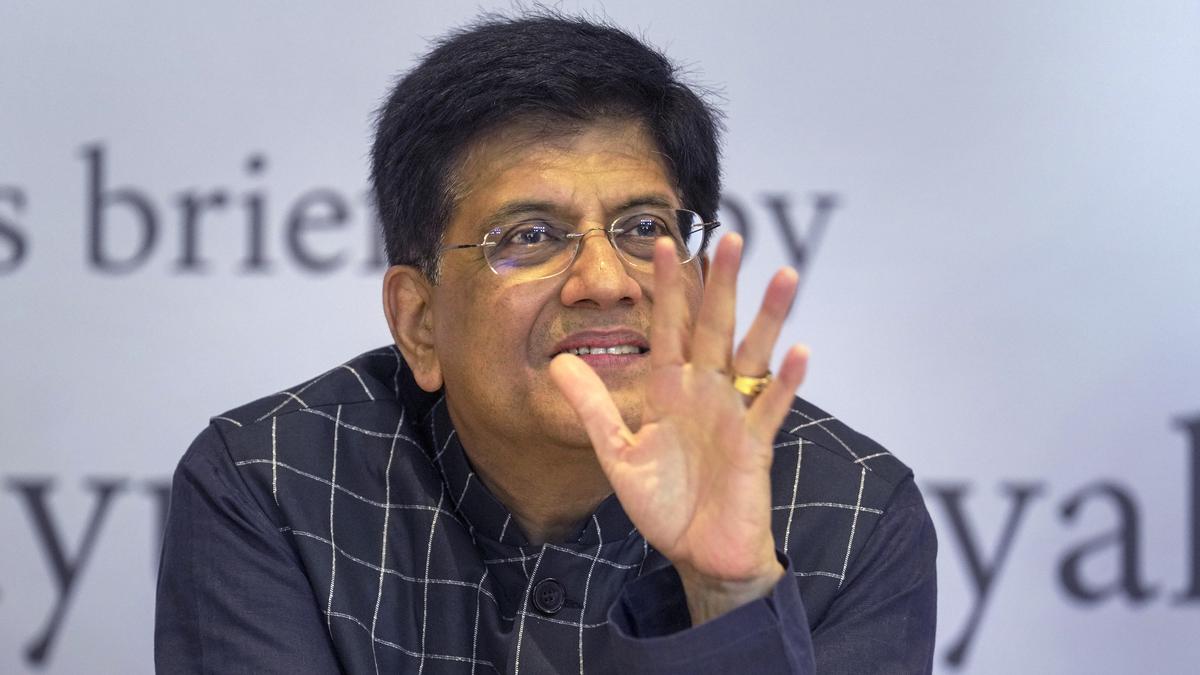
In India-U.K. trade deal, focus on what is acceptable to both countries: Piyush Goyal
The Hindu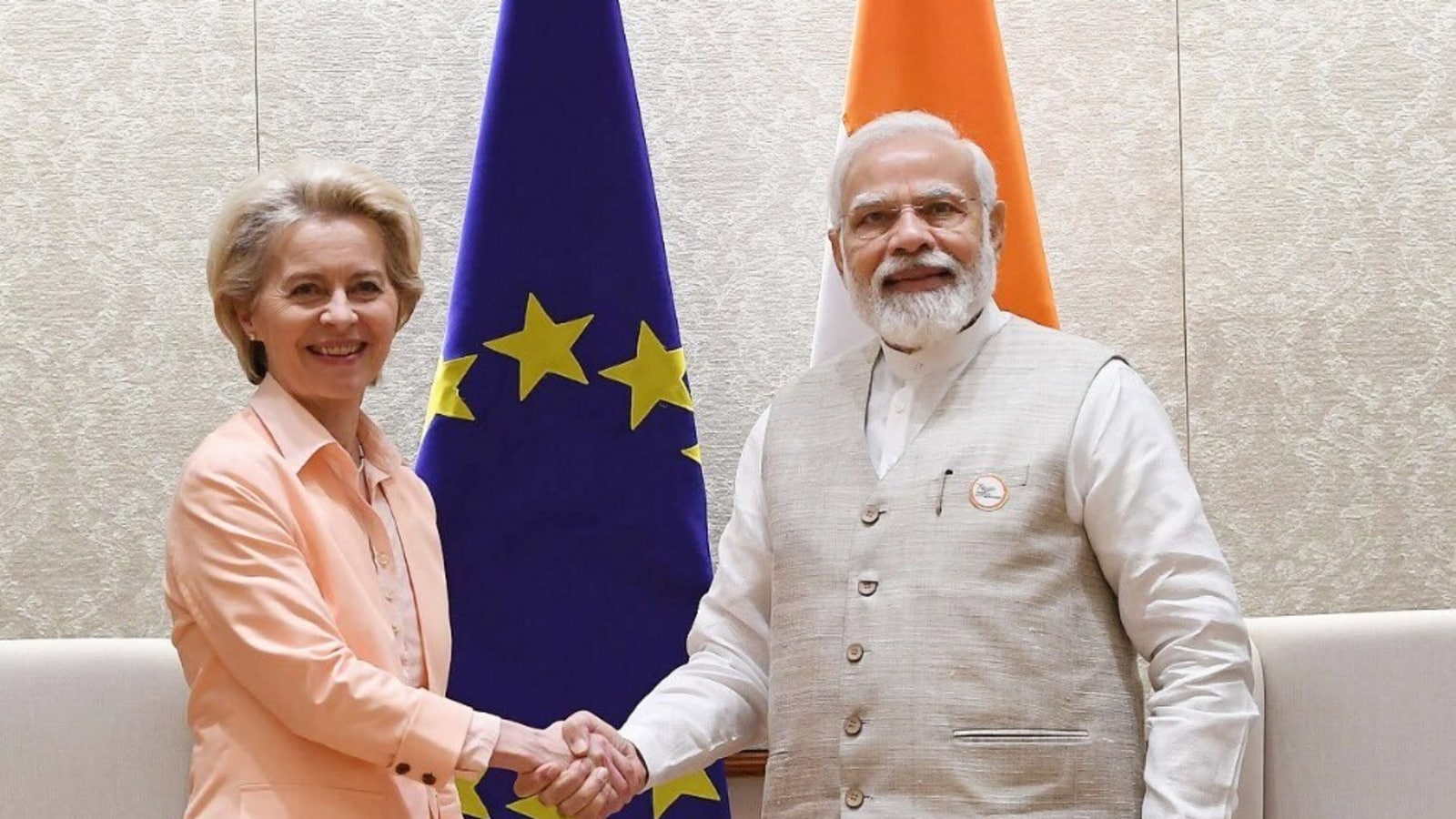
Climate, labour remain knotty issues in EU FTA
Hindustan Times
India FTA can be clinched this year, but no more visa offers: UK trade minister
India TodayDiscover Related

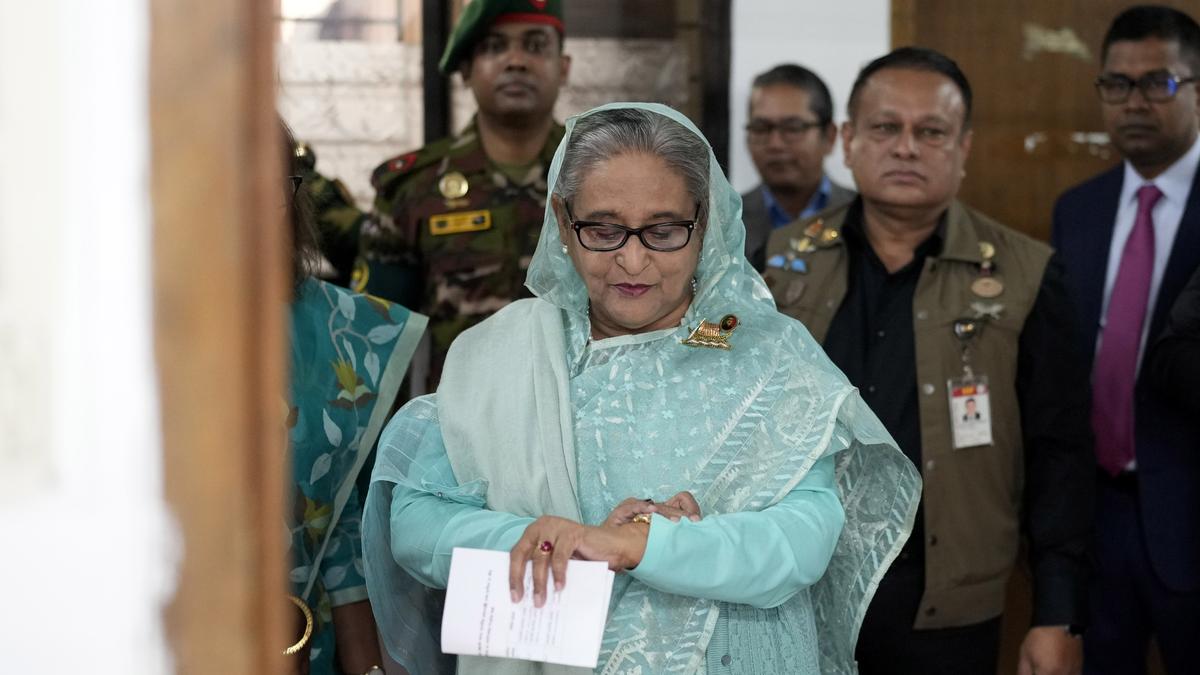






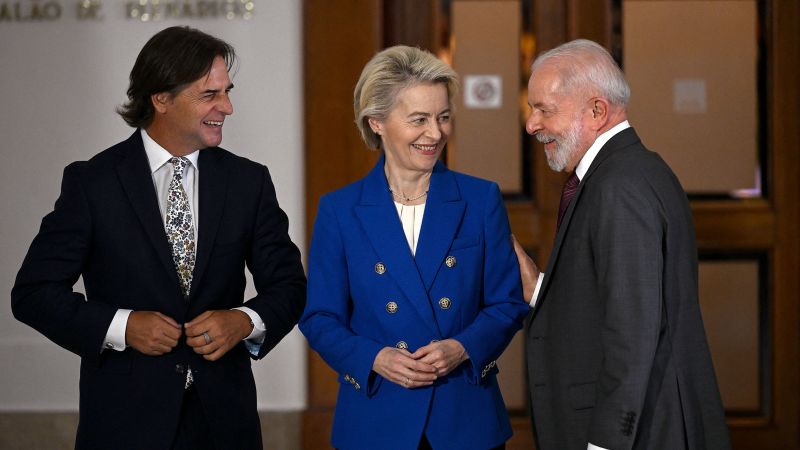






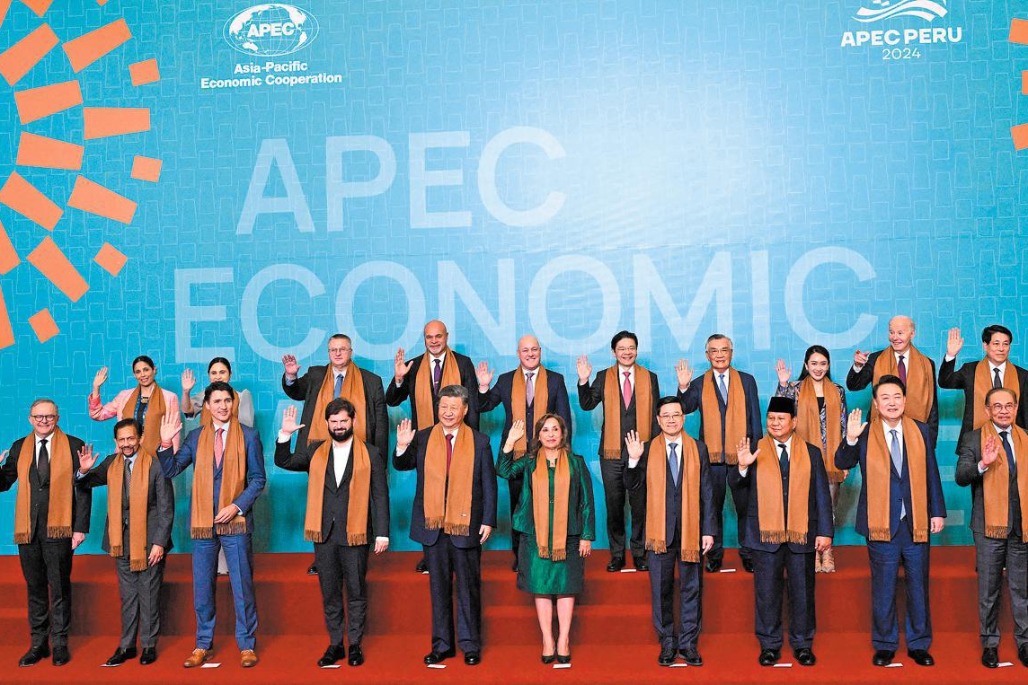


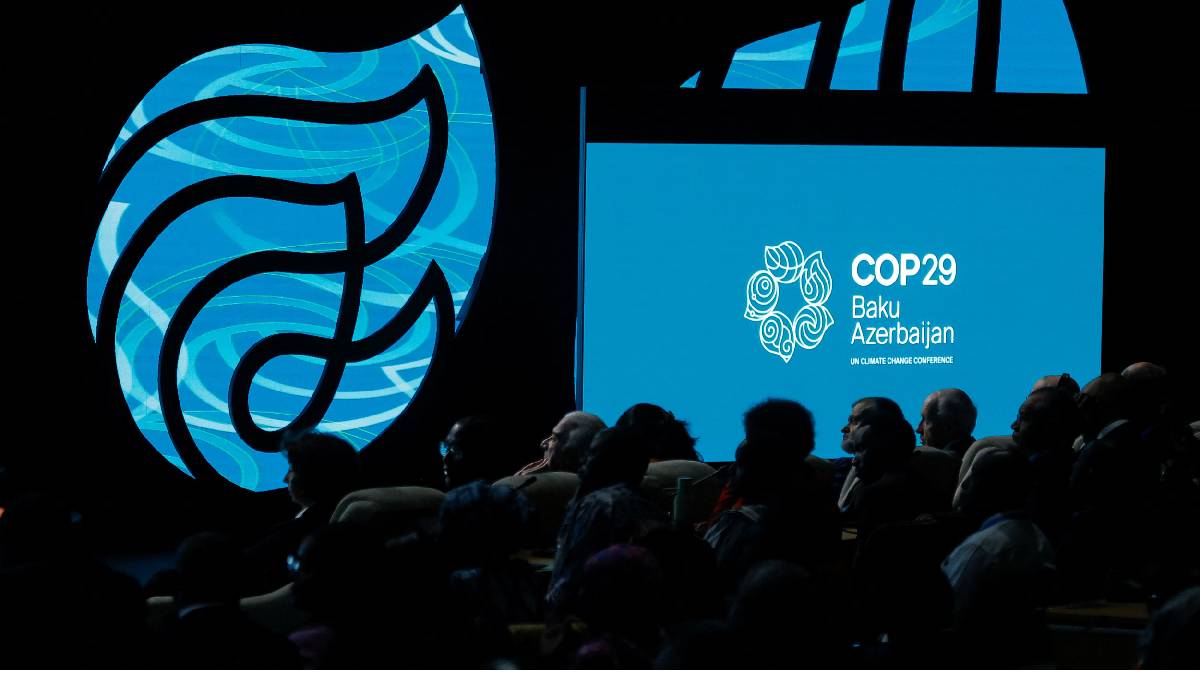

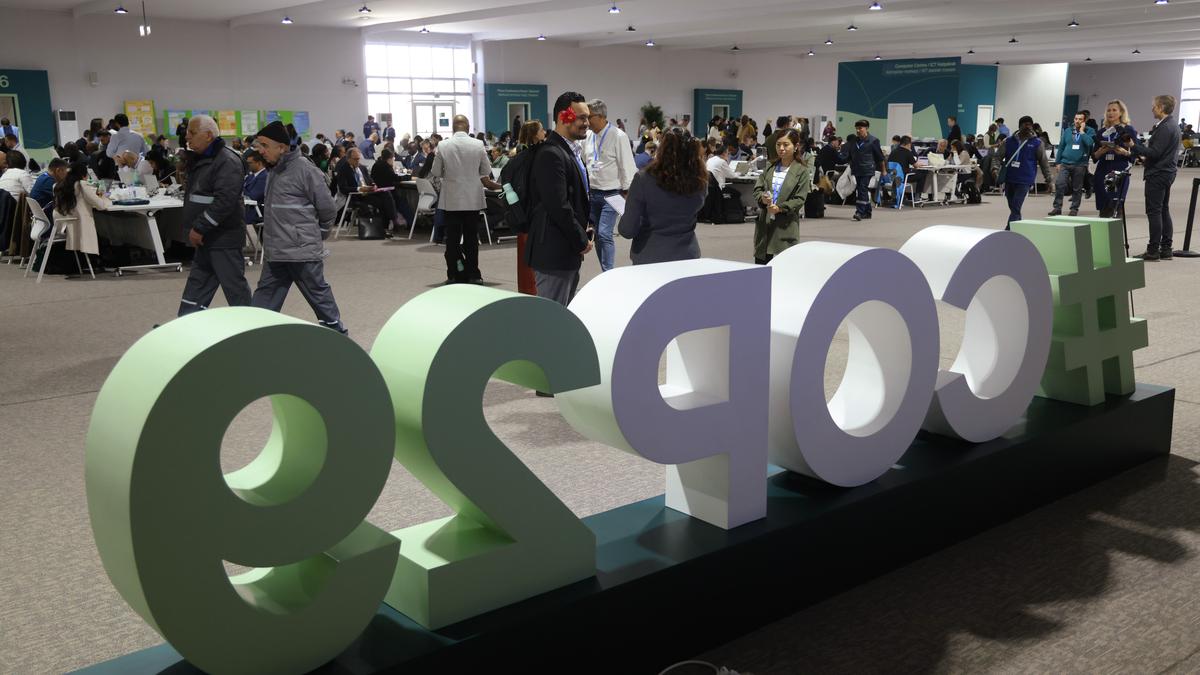
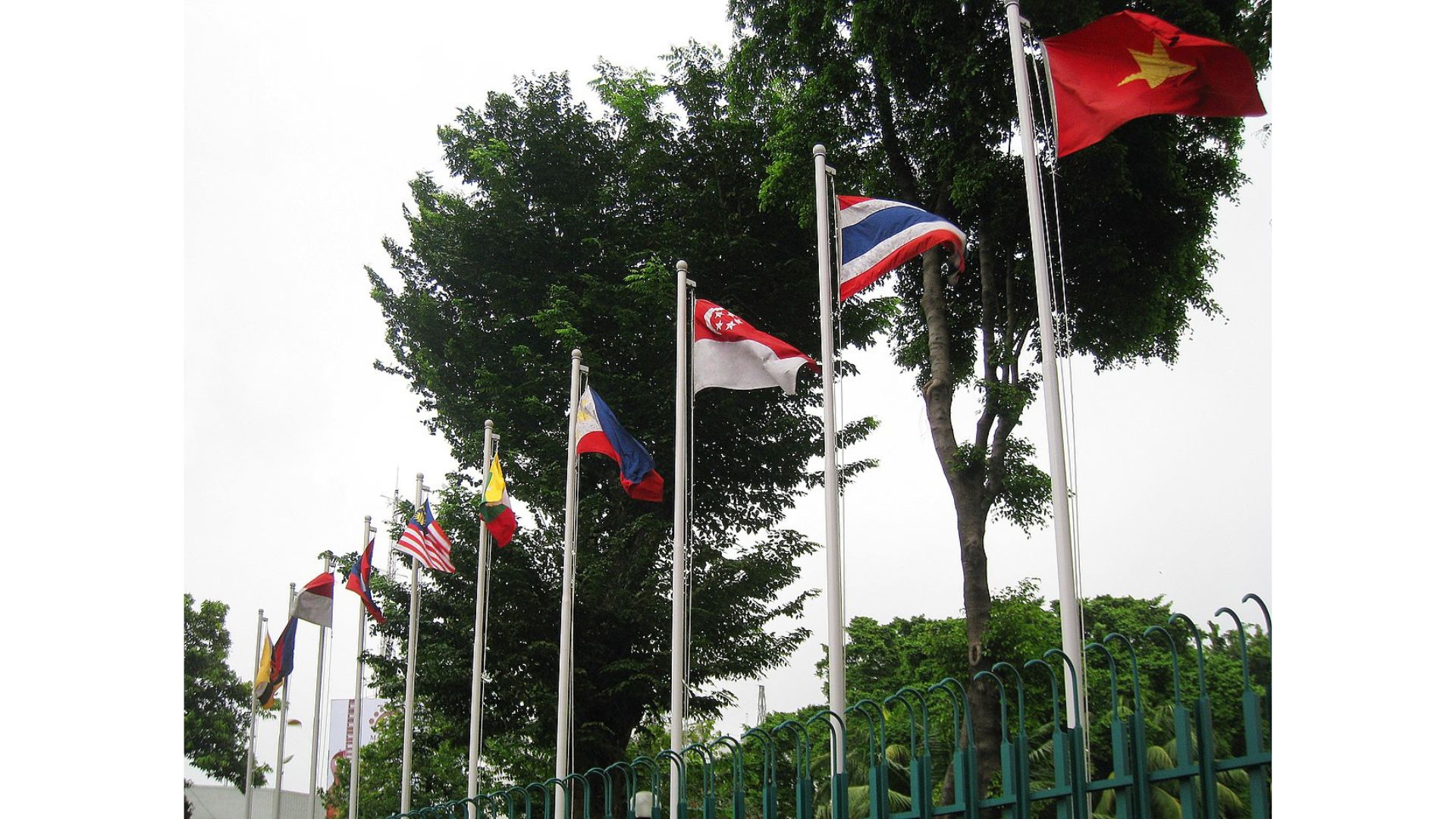
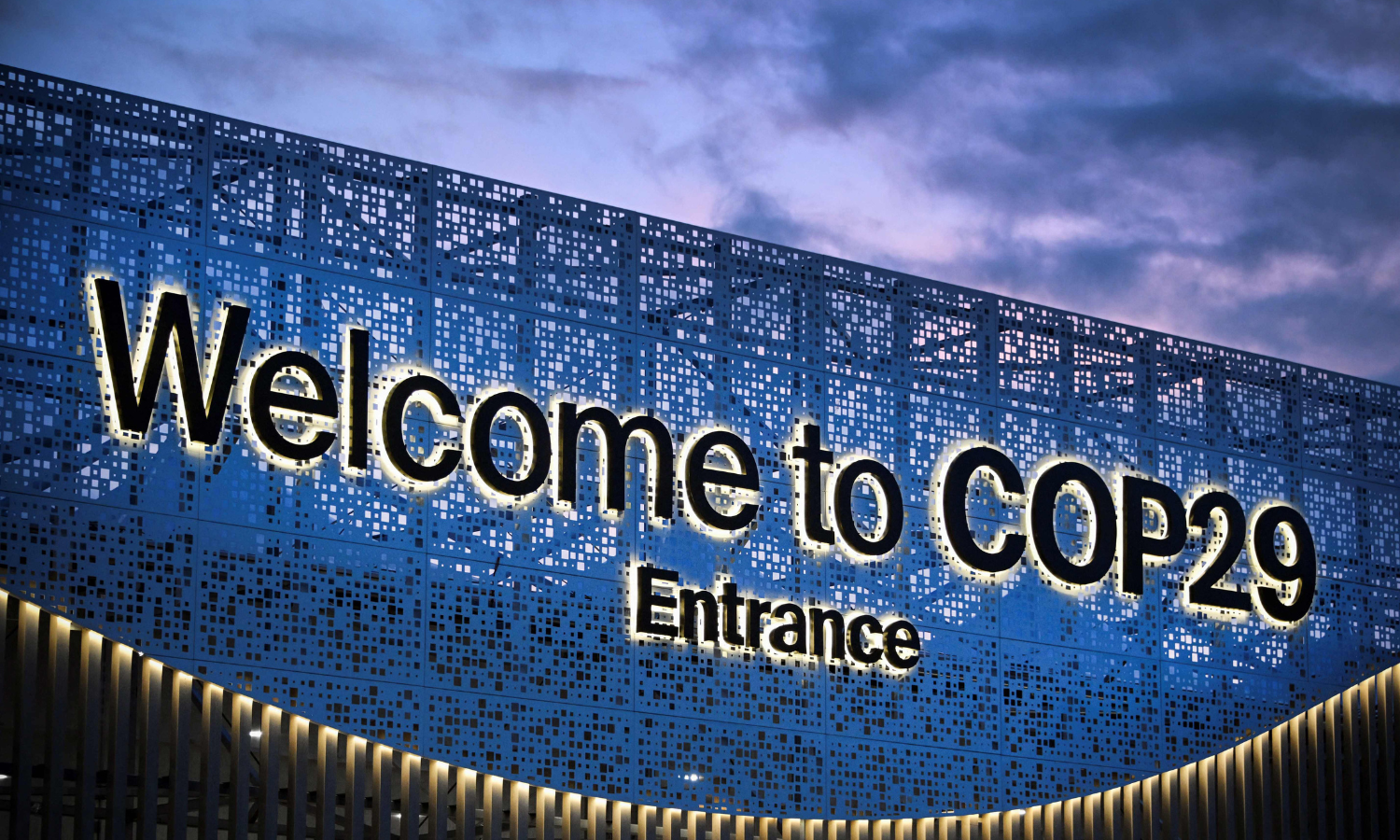
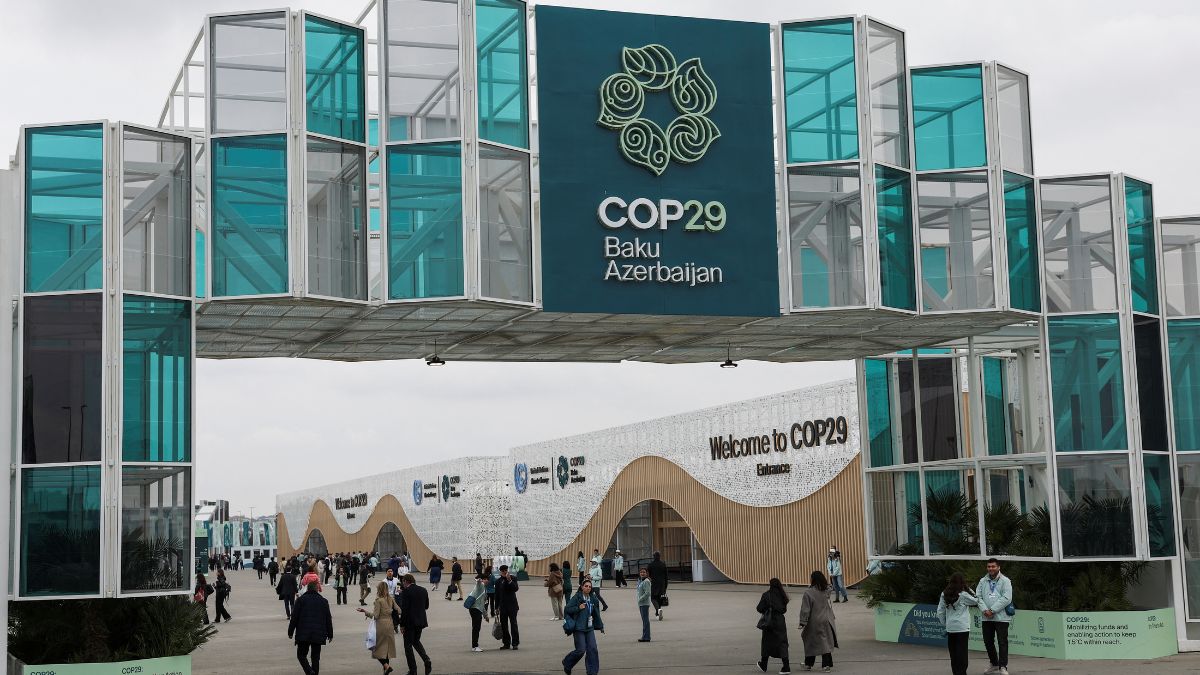



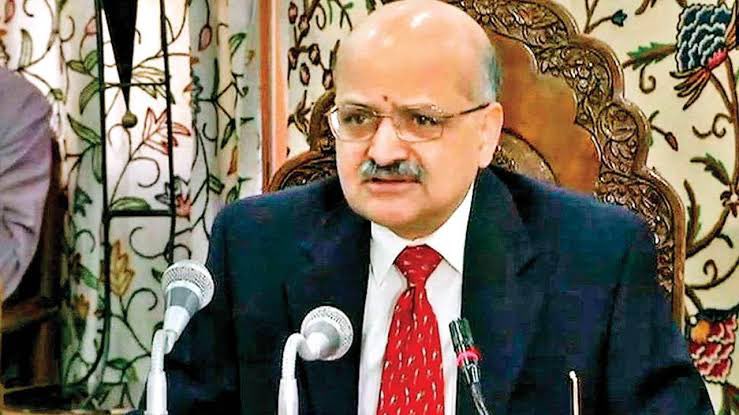
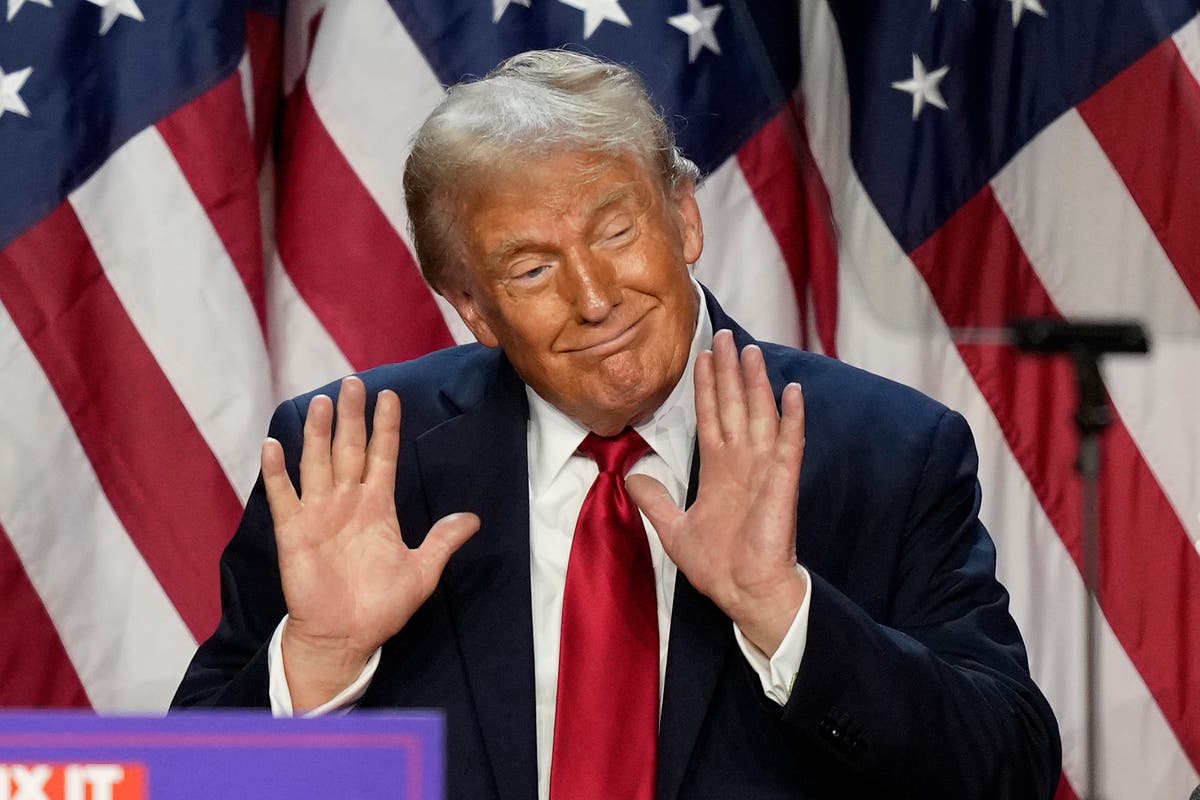


)



